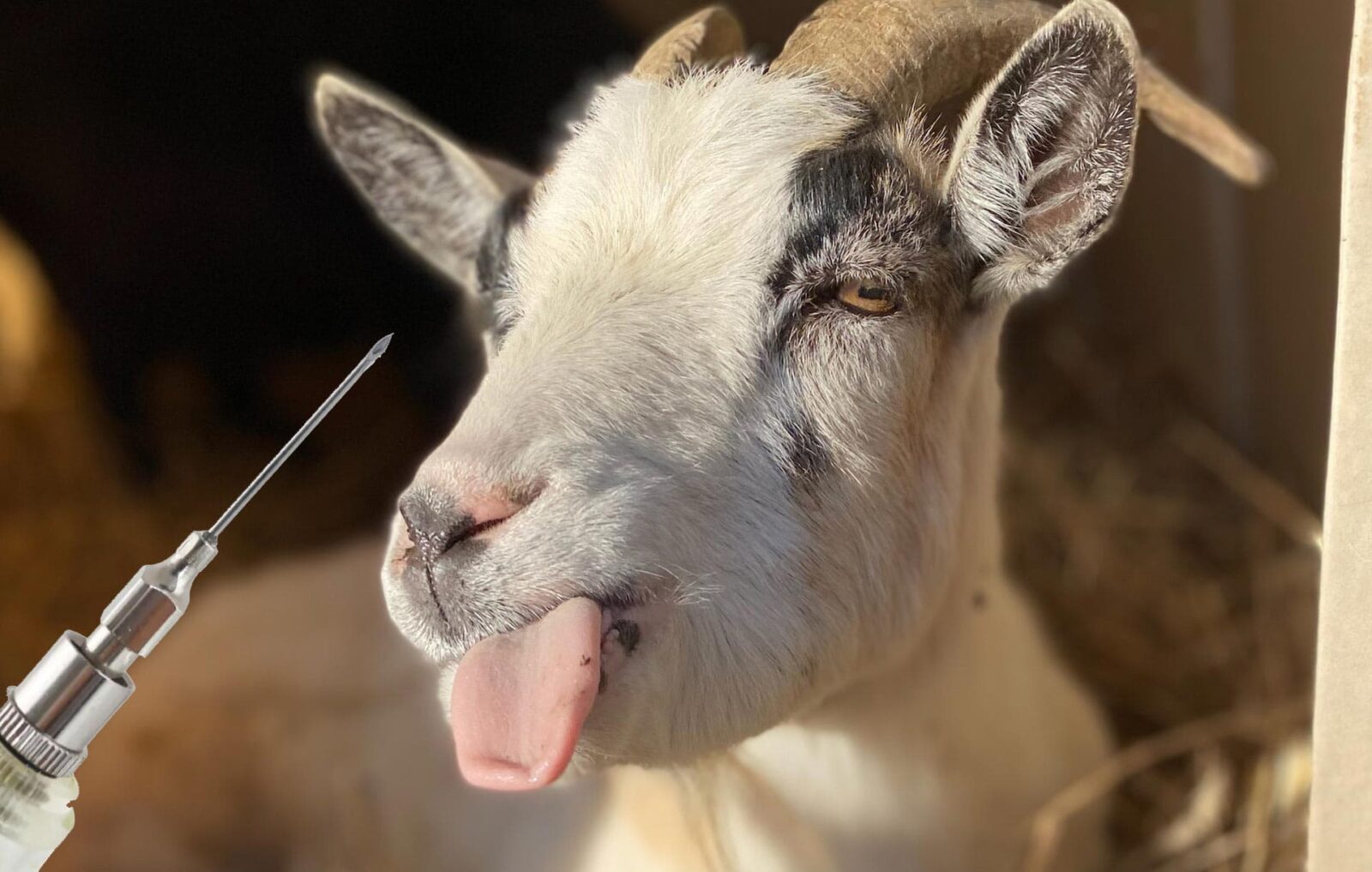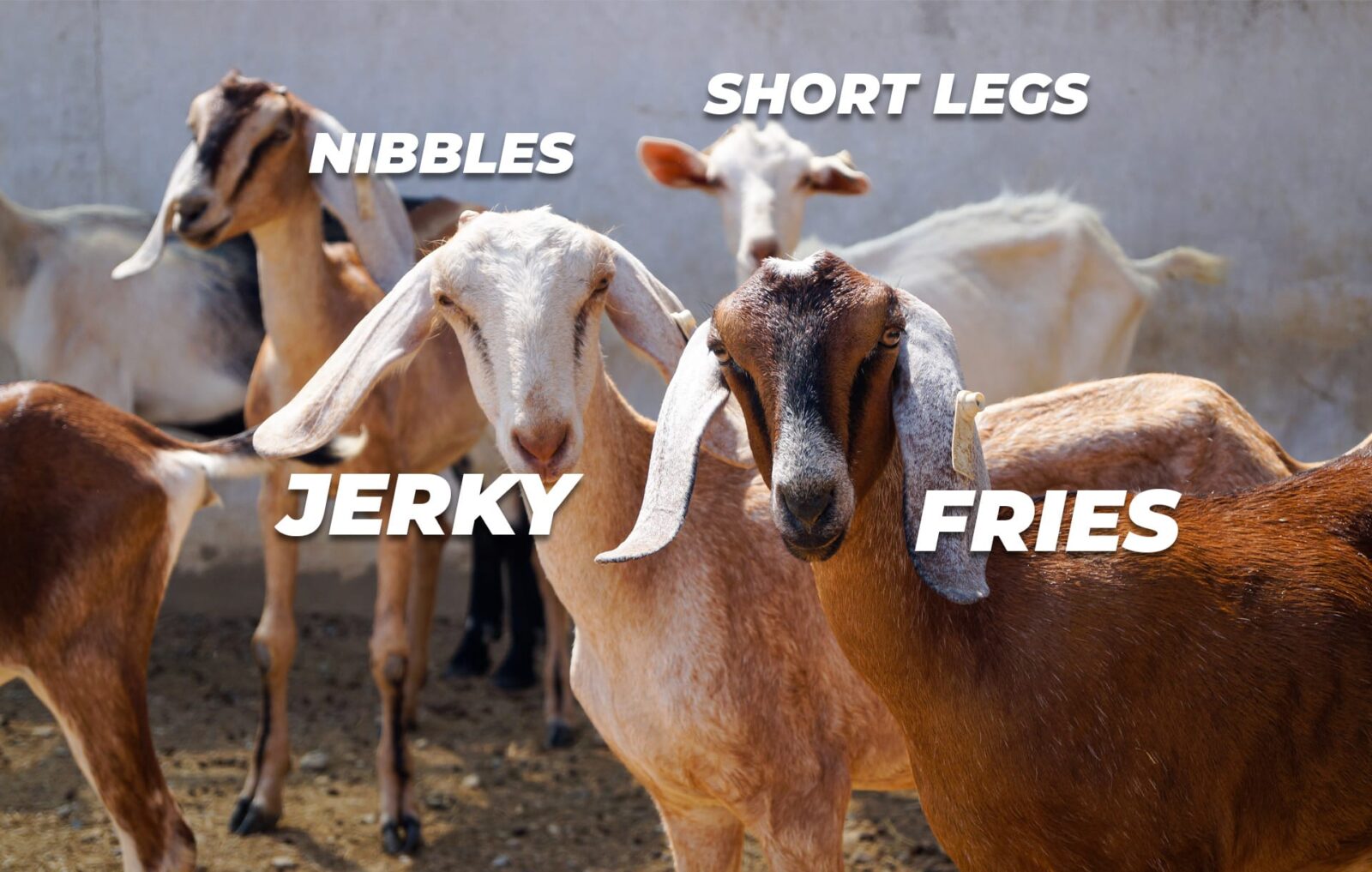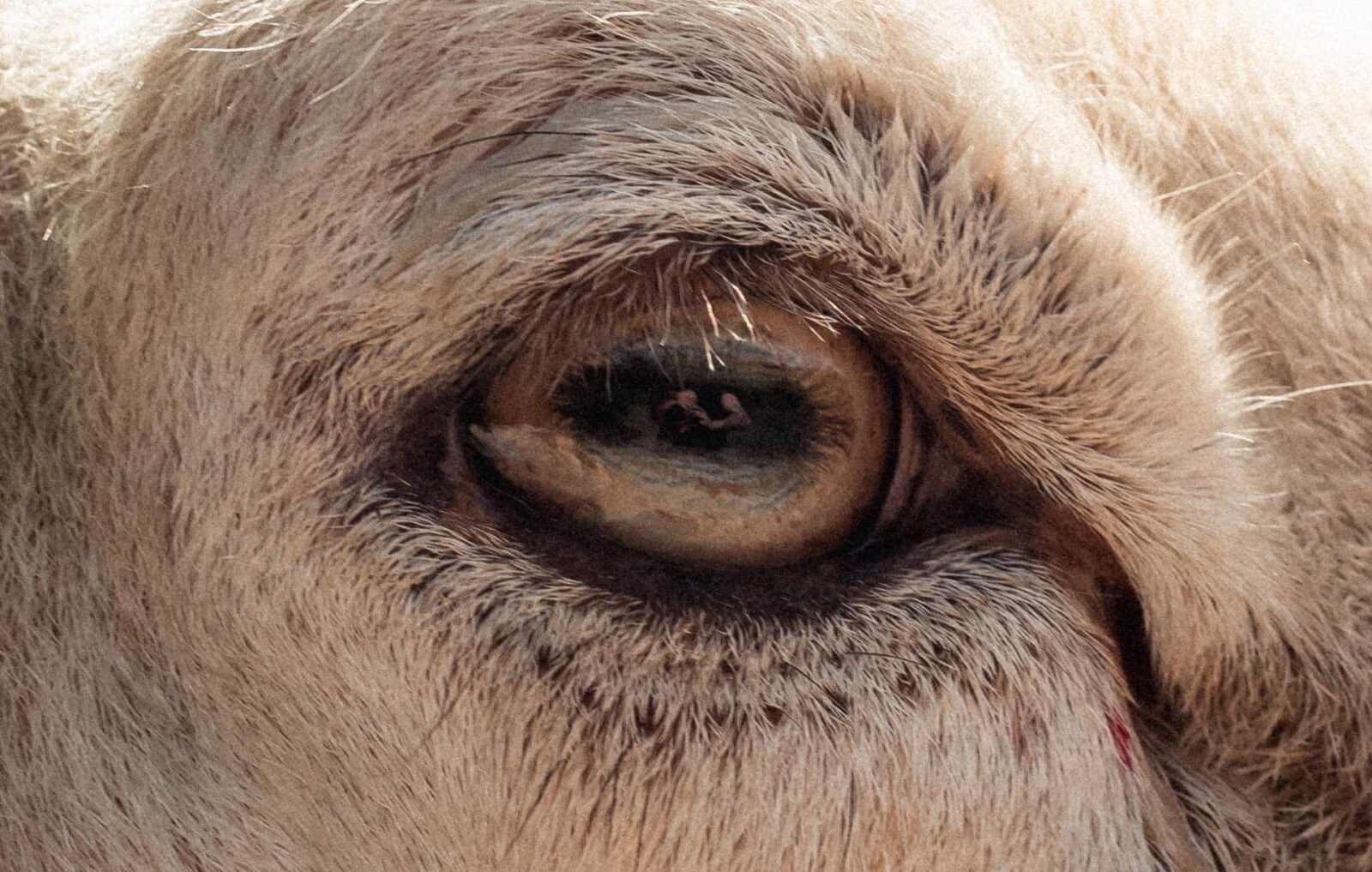From the dawn of time, antibiotics have been used to combat bacterial infections. From molds in their raw state, discovered by John Parkinson, to modern-day penicillin. While its origin may sound rather life-threatening, it isn’t some genocidal infinity gauntlet or atomic bomb of sorts. Bacteria seem to be the bad guy in this scenario (well, it is), we need just a handful (medical-validated quantity) to keep us going. Too much bacteria in a biological system, however, will crash the party.
While we might consider antibiotics as a life-sustaining tool for human survival and prevention against infections, animals aren’t left out of the loop. Like humans, they also need antibiotics to fight against infections peculiar to their nature. All critters need this essential medication for a good and healthy life span. Mind you, humans and animals have antibiotics developed for and suited to their various anatomies. Don’t go feeding your goat penicillin prescribed for humans. It might kick you before it does the bucket.
How about we discuss the types of antibiotics for goats? So we can safely detain our shopping lists with the right stuff.
Types Of Goat Antibiotics
Before we delve into the various types of goat antibiotics, the most commonly administered goat antibiotics are no longer mixed with their feed.
Now the various types;
A-180 (danofloxacin)
This is an antibiotic that is only available with a prescription from a veterinarian. This is an injectable respiratory antibiotic. It is not always the best option for goats though, with Nuflor Gold or Excenel RTU being more popular with veterinarians.
Albadry Plus
This is a teat infusion medication that contains procaine penicillin. It is used to treat mastitis in goats that are not lactating, and for drying up lactating goats. It can be used typically to treat staph infections. Before using this medication, have the contents of the udders tested to be sure of what is causing the infection in the first place.
Biosol (Neomycin Sulphate)
This is an over-the-counter, sulfa-based antibiotic that is used for kids and adult goats that have diarrhea when the underlying cause is not Coccidiosis. It is effective against E.Coli, as well as other bacterial infections in the digestive system. Kids should be given 3 ccs orally every 12 hours until feces has returned to normal. Adult goats should have a dose of 5 to 10 ccs orally. Keep in mind that overdosing can lead to constipation. Make sure you know the cause of diarrhea before beginning any course of treatment.
Baytril 100
This antibiotic is available by vet prescription only. This is an off-label antibiotic that is used by many vets and is effective against gut illnesses. It can also be used to treat Joint Ill if other antibiotics haven’t worked. This is usually the go-to antibiotic when others have failed to work. The usual dosage is 4 cc per 100 pounds of body weight, to be given for five consecutive days. Do not use it without the approval of a veterinarian or supervision.
Draxxin
This injectable antibiotic is for respiratory infections and is available by prescription only. It is an expensive medication that requires one-time usage, but because goats have a fast metabolism, it must be given daily for five days. Less expensive alternatives include Nuflor Gold and Excenel RTU.
Excenel RTU
This is another prescription-only antibiotic, and it is injectable. It is the equivalent of Naxcel and is effective when used for respiratory or urinary tract infections. The usual dosage is 6 cc per hundred pounds of body weight. On the first day, dose twice with 12 hours between doses. On days two through five, give the animal one dose daily.
Gentamicin Sulphate
This is a prescription antibiotic that is injectable. It is not authorized for use in all jurisdictions in animals that are raised for food because there is a concern about antibiotic residue in the meat. This antibiotic works better when used with penicillin to treat bacterial and post-birthing infections. If being used to treat pinkeye, it should be mixed with Dexamethasone and sterile water, in equal parts to create a spray, but be sure to not use it on eyes that are already ulcerated.
Masti-clear
This is a procaine-penicillin-based antibiotic that is used as a teat infusion. It is used to treat mastitis in lactating does. This is an over-the-counter medication, but you should never use it without first having a recommendation from your veterinarian and have them offer the correct dosage.
Nuflor Gold. (Florfenicol)
Here is another vet prescribed antibiotic used to treat respiratory problems, as well as to prevent mastitis from turning systemic. Many goat farmers prefer to use this antibiotic on adult goats, and the usual dosage is 6 cc per 100 pounds of body weight over five consecutive days. If you are treating newborn kids, they should have no less than ½ cc. This medication should be refrigerated.
Penicillin, Benathine
This is an over-the-counter antibiotic that is often overused, thereby rendering it ineffective. The correct dosage is 5 cc per 100 pounds of body weight for five consecutive days. This medication must be refrigerated, and it should not be used if you suspect Listeriosis or goat polio.
P.S: Please pay attention to their dosages when administering the aforementioned antibiotics. Seeing as most of them aren’t over-the-counter medications, harken to the wise words of your veterinarian. (Assuming they are.)
FDA Approved Drugs
How And When To Use Antibiotics
As specified above, a goat farmer or any concerned party cannot go around administering antibiotics on a whim. Like everything relating to medications, several conditions have to be met and observed.
How To Use Antibiotics
Firstly, we are all aware that experiments are still carried out concerning human medicine, talk less of goat medication. As you read this, there’s a probability that beings in lab coats are hunched over a microscope. As a result, most antibiotics fall into the over-the-counter category. As far back as 2016, manufacturers of critter feeds have been prohibited from mixing up antibiotics in feeds. That leaves the options of oral administration and directly injecting healthy doses of antibiotics straight into their bloodstream through the following ways according to fiasco farms.com;
- Intramuscular (IM)- Into the muscle.
- Subcutaneous (SQ, sub-Q, SC) – Given under the skin. Almost all shots for goats can be given SQ* (even if the label says IM) except for hormones, such as Lutalyse.
Due to the nature of how goats live together, and how they metabolize things, Sub-Q shots work just as well as IM in almost all cases. The general reason some shots are given IM and some Sub-Q is because IM gets into the system faster, this is due to the blood flow through the muscles. Sub-Q shots will get into the system slower because the blood flow through this area (under the skin) is slower. Goats have a high metabolism and not a huge amount of muscle mass. Because of these shots given, Sub-Q will get into the goat’s system almost as fast as IM.
When To Use Antibiotics
There’s still a question of when to administer these antibiotics. Do we just go all out and administer them? Of course not. This part calls on the keen observation of the farmer. When goats get sick or are about to get sick, they exhibit several signs such as vomiting, abnormal walking steps, docile characteristics, and so on. Several of these signs are particular to bacterial infection and call for the use of antibiotics to help counter them. Such signs include pink eye, swollen limbs, post-birthing infections, and so on.
Goat Vaccinations
Vaccination is the administration of vaccines to a body to activate its immune defenses, in a bid to prevent an outbreak of viruses. For a successful vaccination to take place, certain elements of the virus have been integrated into the vaccine to help alert the body’s defenses about looming intruders. Talk about a wake-up call. As is in humans, the same goes for every other living organism.
Goat vaccinations should be aimed solely towards the prevention of diseases in our beloved cud-chewing friends. The administration of vaccines should always be given after the go-ahead of a vetted veterinarian.
The vaccine commonly known as “CDT” or “CD&T” is a vaccination for Clostridium perfringens type C + D and tetanus. This is the vaccine that everyone raising goats should use. The label directions should be followed closely, including those for handling and storage. Several companies make CDT vaccines and some of those include vaccines for additional clostridial diseases. Consult with your veterinarian to determine if those other diseases are common in your area or are on your farm before spending the extra money for the multiple combination vaccines.
Female goats should be vaccinated for CDT approximately 30 days before giving birth, to protect the kids through the first milk, or colostrum. If the doe has not been given a priming booster of two shots administered three to four weeks apart at some time in her life, the pre-kidding annual shot will not be effective. This priming set of shots is usually given when the doe is a young kid but can be done at any age.
Kids should be vaccinated at 5 to 6 weeks of age and then given a booster three to four weeks later. Vaccination of kids from properly vaccinated does prior to 5 weeks of age may result in kids that are not protected and annual boosters may be ineffective.
Goat Antitoxins
Antitoxins help combat issues that are already in the system as opposed to vaccines that help prevent them.
There are antitoxins for several infections plaguing a goat. A major cause for alarm in that regard is Tetanus or enterotoxemia. Two well-known vaccines used to combat these are;
Clostridium Perfringens Types C & D Antitoxin
CD/T and pneumonia vaccines (toxoids) used with goats are given to all unvaccinated goats (adults and kids) twice – 21 to 30 days apart. Booster vaccinations are then given annually to previously vaccinated goats. It is used as a booster during pregnancy, six weeks before kidding to provide immunological protection for the newborn kids via their dams’ milk. Newborn kids are born without a functioning immune system.
Tetanus Antitoxin
This is mostly used when the males have to be castrated or weathered, bitten, scratched, etc.
Goat Dewormers
Internal parasites are a common occurrence in goats. Gastrointestinal worms such as Haemonchus Contortus (a type of stomach parasite), widely known as “barber’s pole worm,” are worthy of being noted in this case. Simply ignoring this could cause a very big problem for your goat and perhaps your whole herd if care isn’t taken.
The gastrointestinal parasite feeds on the goats’ hemoglobin, resulting in a blood shortage and, finally, fatality if not treated. In the warmest part of the year, the stomach parasite disease achieves its height. The gastrointestinal worm produces diarrhea, ill health, and mortality if unchecked during the winter season.
Goats, like deer, are herbivores. To protect themselves from worms, they prefer to eat from top to bottom. When goats have to browse through grasslands, there is a risk that they will consume gastrointestinal parasites. Goats are picky eaters that choose the freshest and most nutritional plant matter, such as the newly sprouting meadows nearest to the ground where you may find worms. In a bid to get the best of the best, our oblivious goats end up taking in treats that could turn them to mutton real quick.
Symptoms Of Worms In Goats.
- Pale gums
- Abnormal stools (diarrhea or stools that are clumped together)
- Dull coat
- Lethargic
- Low weight
Types Of Dewormers
Whilst dealing with farm issues, it is helpful to note that not all options are chemical-based. There are also natural remedies to tackle certain issues. In this case, things that can help support your goat’s digestive tract and get rid of worms is feeding hay (the long stems help keep the rumen happy), pumpkin seeds (worms hate these!), and incorporating some pasture rotation in your goat’s routine to stop the cycle of re-infestation. Moving them around really helps. Please note that the natural remedies have to be given at least once a week to once a month.
Now to the chemical dewormer. There are a lot, but we’ll be considering a few.
- According to Texasgoats.com, among the most popular wormers for goats on the market, Safeguard Goat Dewormer is perhaps the best wormer for goats out there. The wormer is ideal for goats. This may seem self-evident, yet it applies to few medicines.
Several of the medicines that doctors suggest for goats are classified to be unlabeled. That indicates the treatment was primarily for various organisms (typically sheep or cattle too) but is widely acceptable for goats to use.
Cydectin Goat Dewormers
Dewormers that contain Cydectin are macrolides. It’s also a wide range of anthelmintic, meaning this could destroy worms on the outside and the inside. Ivermectin-resistant parasites can be killed with Cydectin goat wormers. Because of its similarities to Ivermectin, infections may develop resistance to Cydectin after constant usage. Cydectin is taken directly in a single injection of 0.4 mg/kg. Regarding Cydectin, the beef withdrawal process is 17 days, while the dairy withdrawal time is eight days. Greater Cydectin dosages may necessitate a more extended withdrawal period.
Activated Charcoal for Emergencies
Activated charcoal is a product that is the result of burning carbon-based material such as wood at high temperatures with the addition of chloride salts. Activated charcoal is processed in this way to increase its surface area and improve its absorbency.
Every once in a while, it’s normal for one or two goats in the herd to come across a toxic plant. While this may be detrimental to their health, no need to panic, activated charcoal would help ease the situation. Because of its absorbent nature, it would help to take care of most of the toxin deposited in the belly of the goat. It is a must-have among your first-aid kits as it could save you some goat funeral money.
Milk of Magnesia
Magnesium is a naturally occurring mineral. Milk of Magnesia reduces stomach acid and increases water in the intestines which may induce bowel movements. The milk of magnesia is another handy product to have on the farm. It helps to get rid of toxins in the belly of the goat. While we may not be aware of what our goats might have consumed, seeing as they are no different from toddlers, we can rest easy and whip out the MOM (Milk of Magnesia) whenever we see symptoms of poisoning.
It expels poison from the body. However, if you should observe diarrhea, refrain from treating it. It’s a part of the expulsion process.
Antibacterial
These are drugs that help to treat or cure bacterial infections. Antibiotics, in essence, are antibacterials also.
FDA Approved Drugs
There are several FDA-approved drugs that you can confidently use on your goats. These drugs are approved because they have been tried and tested and known to give positive results. Here are a listed few.
- Bison liquid
- Ceftiflex
- Decicox
- Equizole
- Monovet 90
- Neo 200 oral solution
- Tetracyn ointment.
How Much Penicillin Can You Give A Goat?
When treating goats against bacterial disease, antibiotic penicillin is most commonly administered in the same way as for humans. It is primarily administered through an injection, but you can also give goat penicillin orally.
According to The Livestock Expert, The daily dose of penicillin for goats is 3,000 units per pound of body weight or 1 mL per 100 lbs body weight.
What Is The Best Medication For Goats?
All of the aforementioned antibiotics have been proven to be good medications over the years. However, to point to one as the best of the whole lot would be medically inappropriate, as they are all designed to act differently. Apart from acting independently, they can be used interchangeably as long as they are prescribed for the same bacterial infection.
A key observation would be to avoid penicillin as it has been observed of bacteria to show resistance to its usage.
Can A Goat Take Amoxicillin?
Amoxicillin is a common antibacterial drug used to treat a wide variety of bacterial infections. The answer is yes. It can be administered to goats orally but I would recommend this be done solely on the recommendation of a veterinarian.
Conclusion
It is unavoidable to administer emergency medication while raising goats. However, always check in with your vet before administering any antibiotics to your goats to avoid further complications or drug abuse.













Leave a Reply